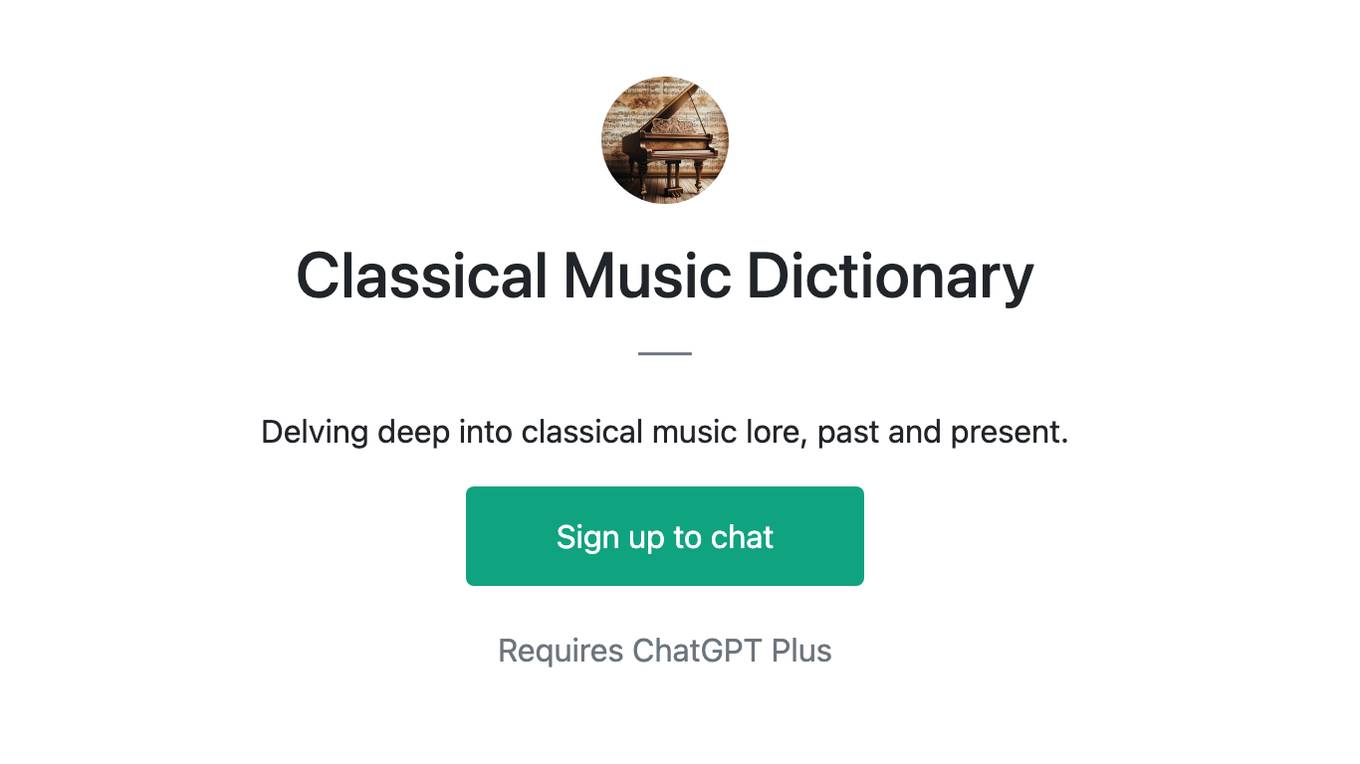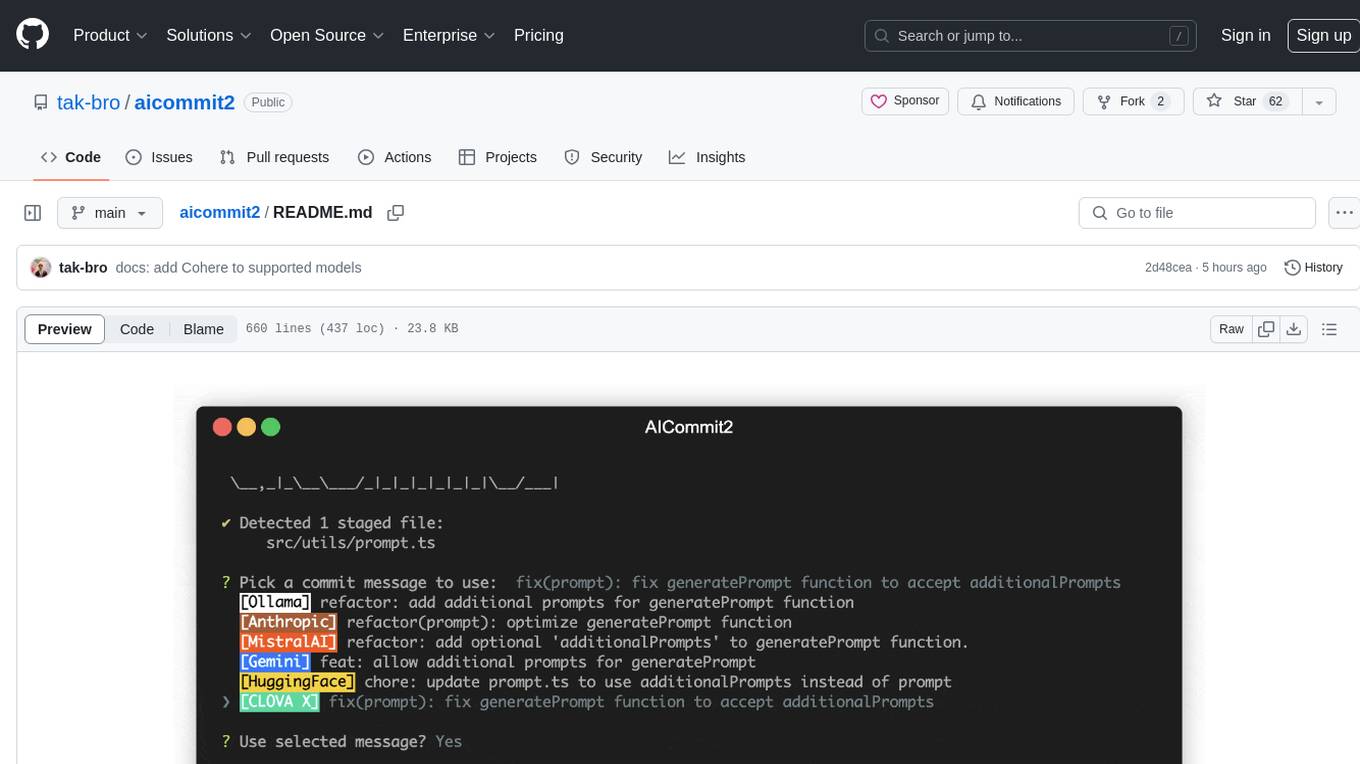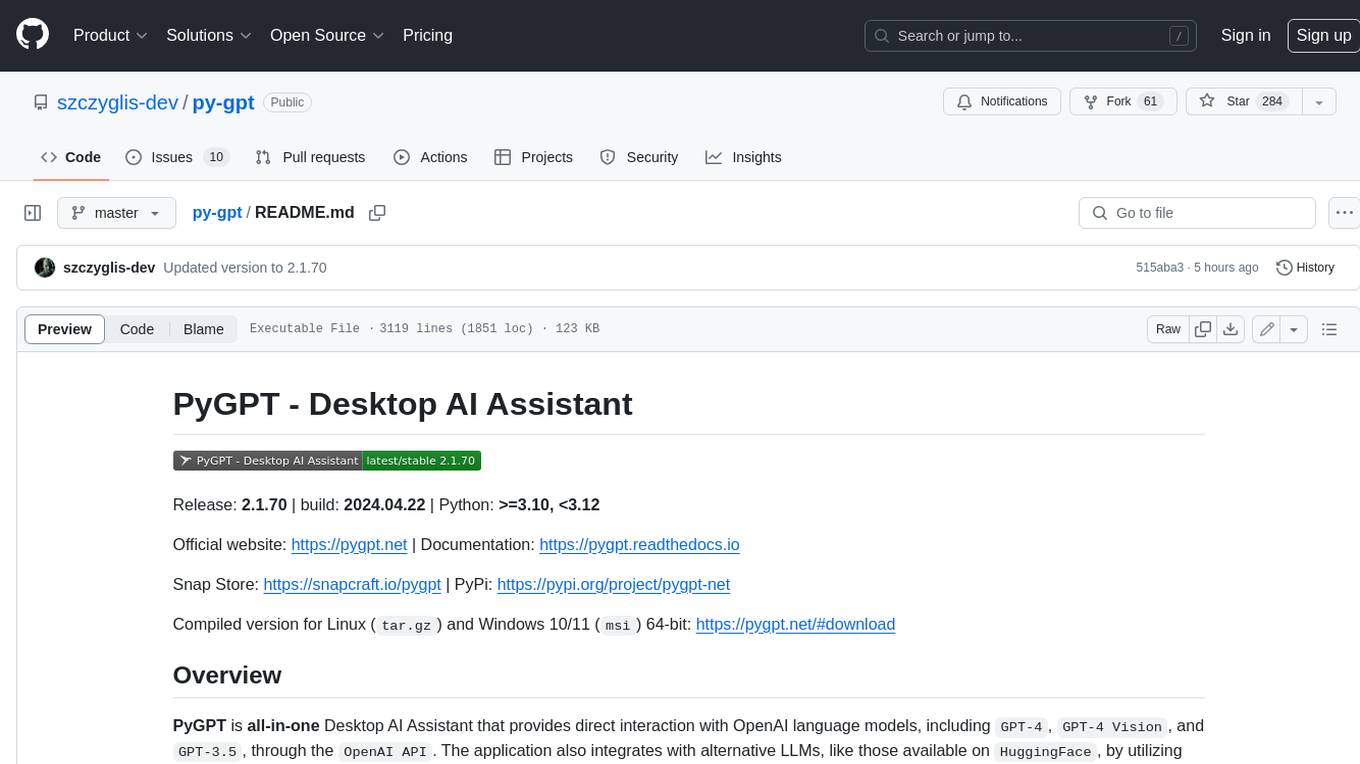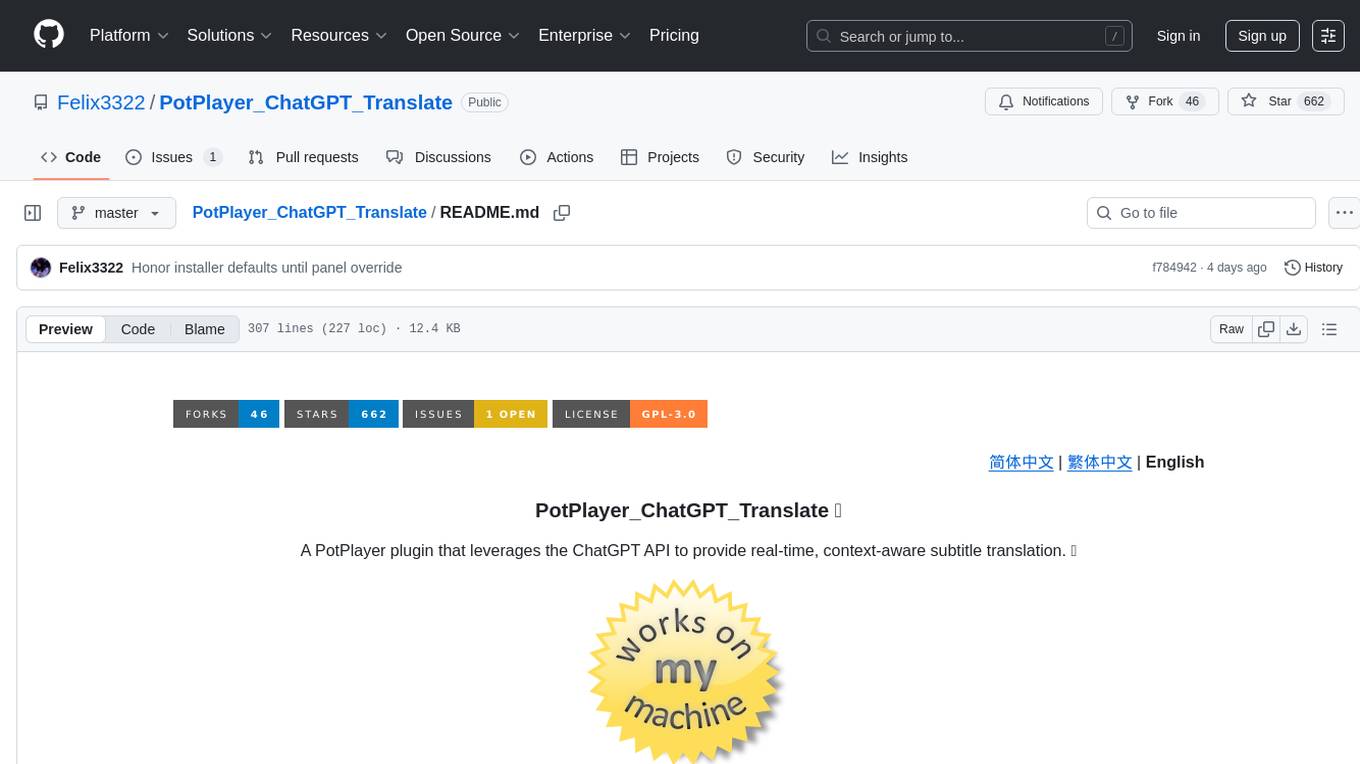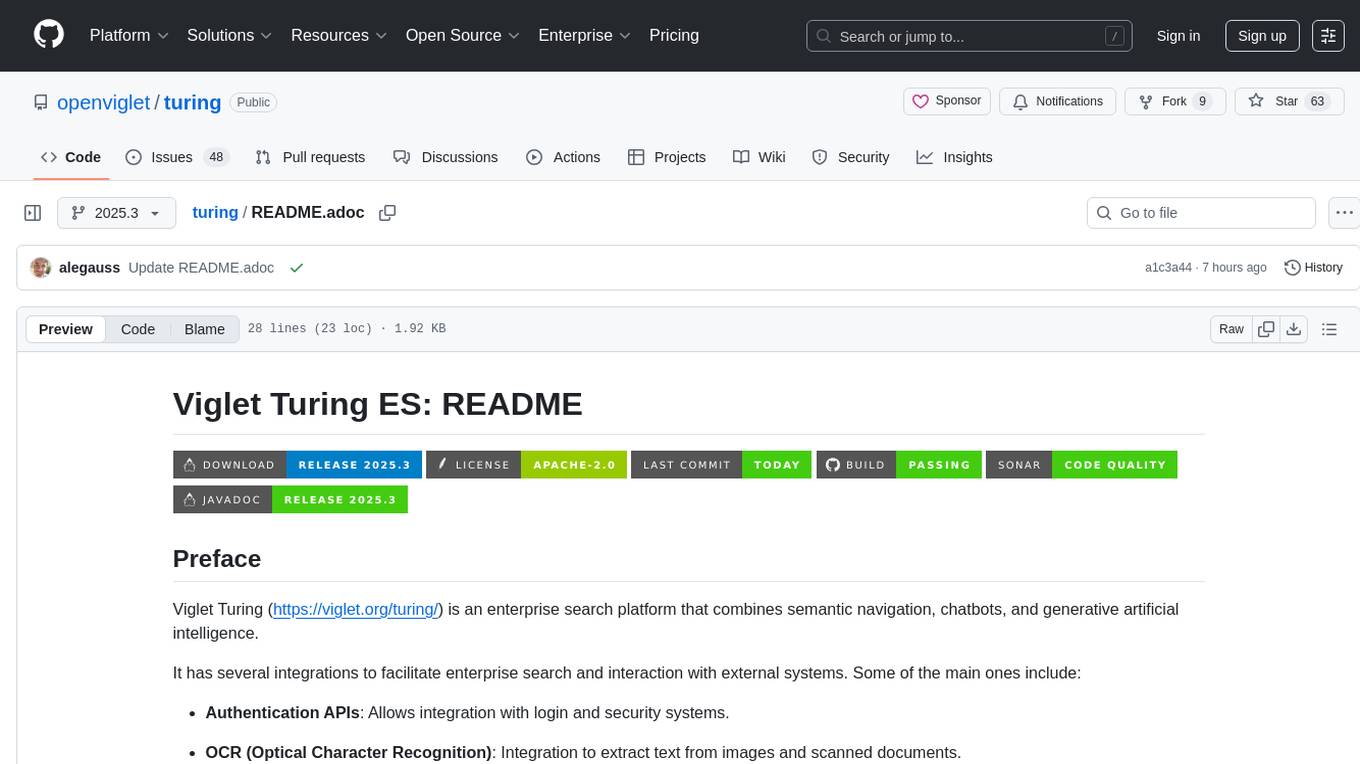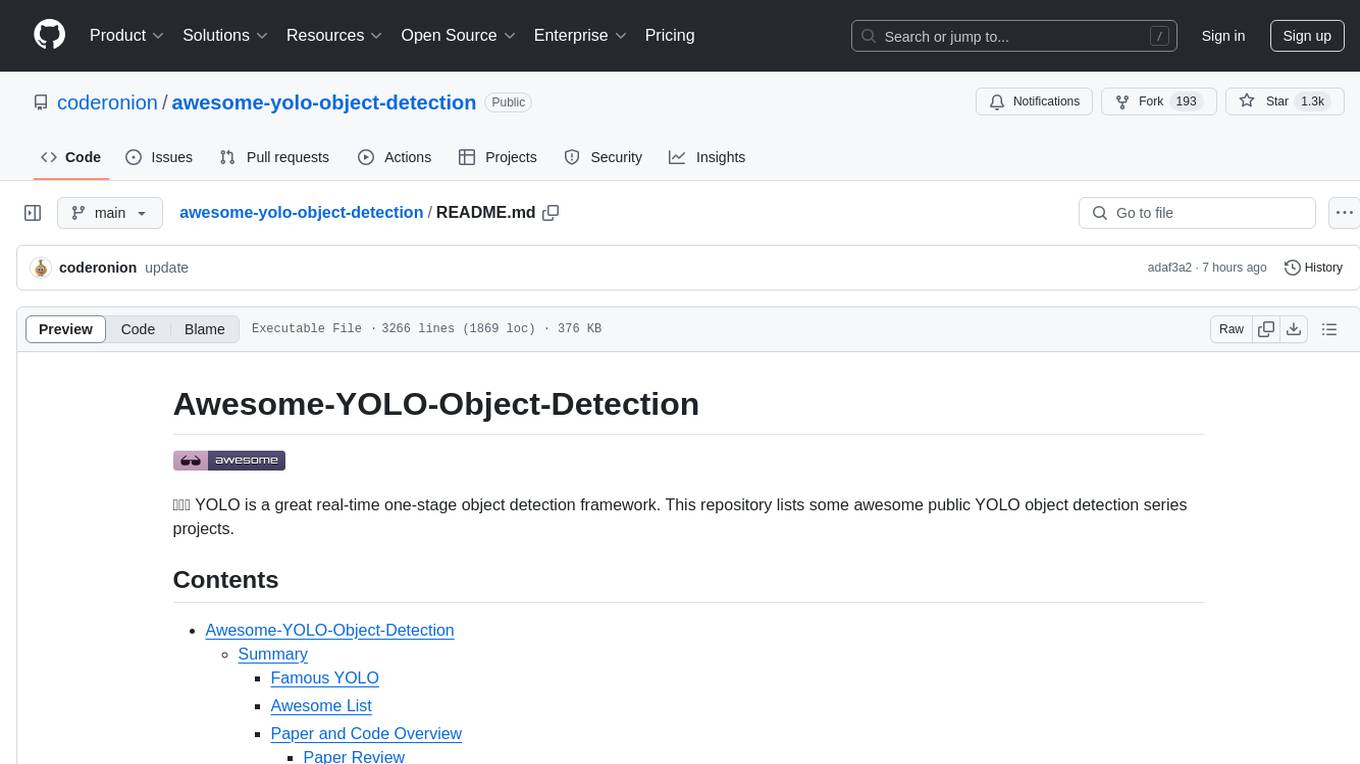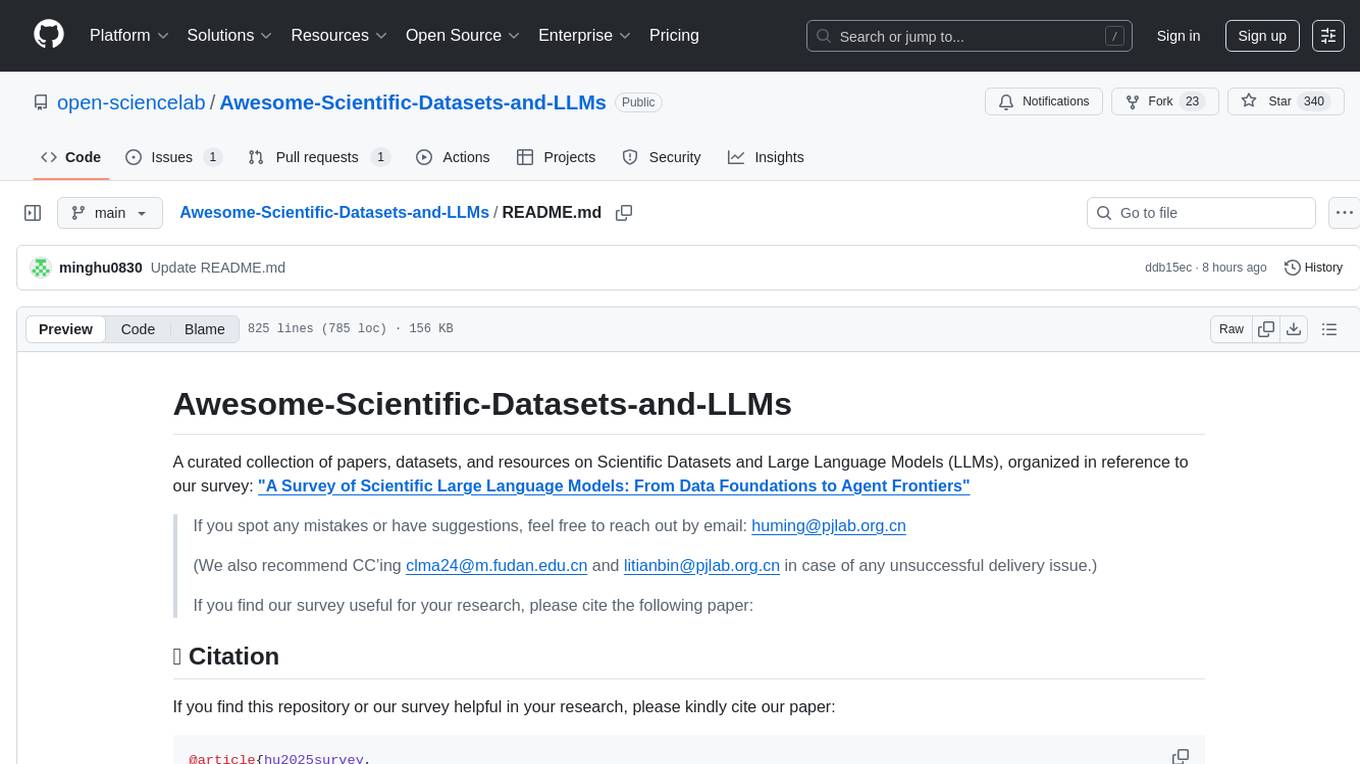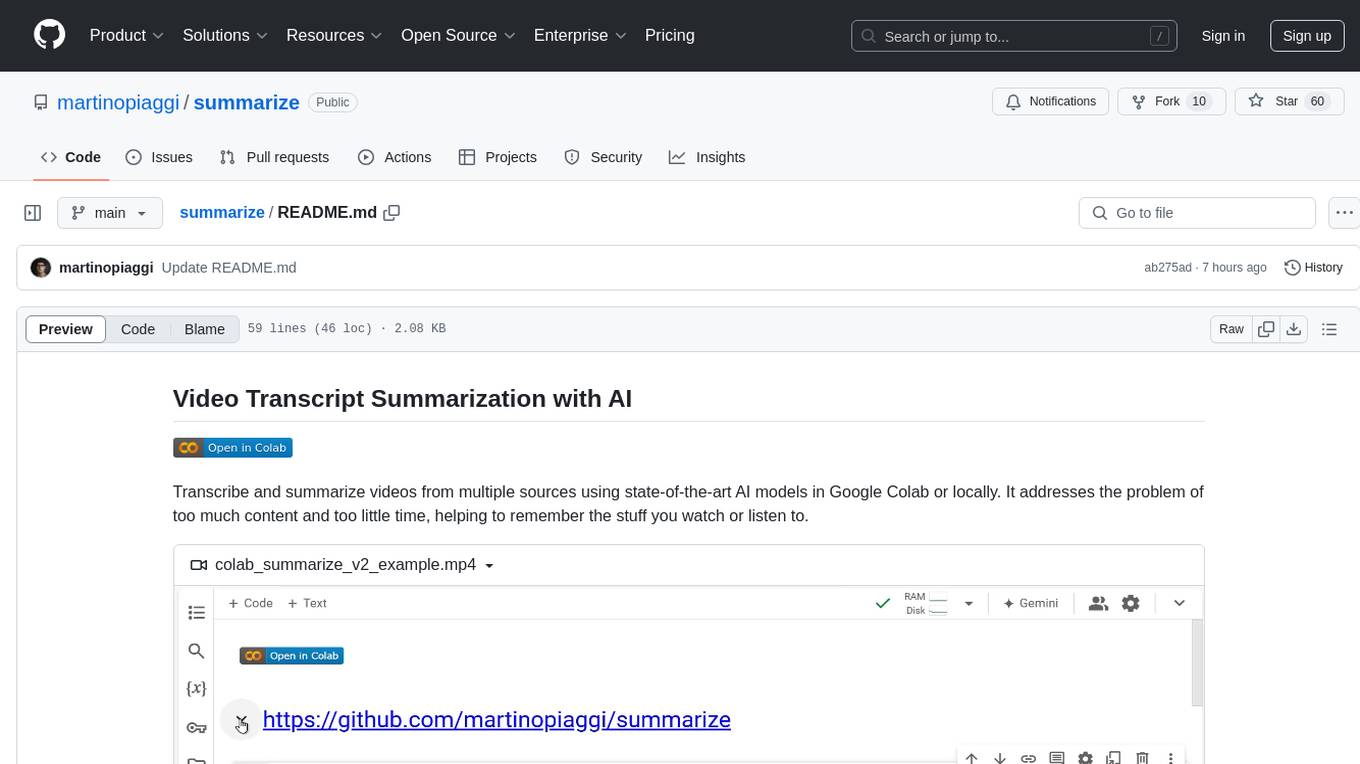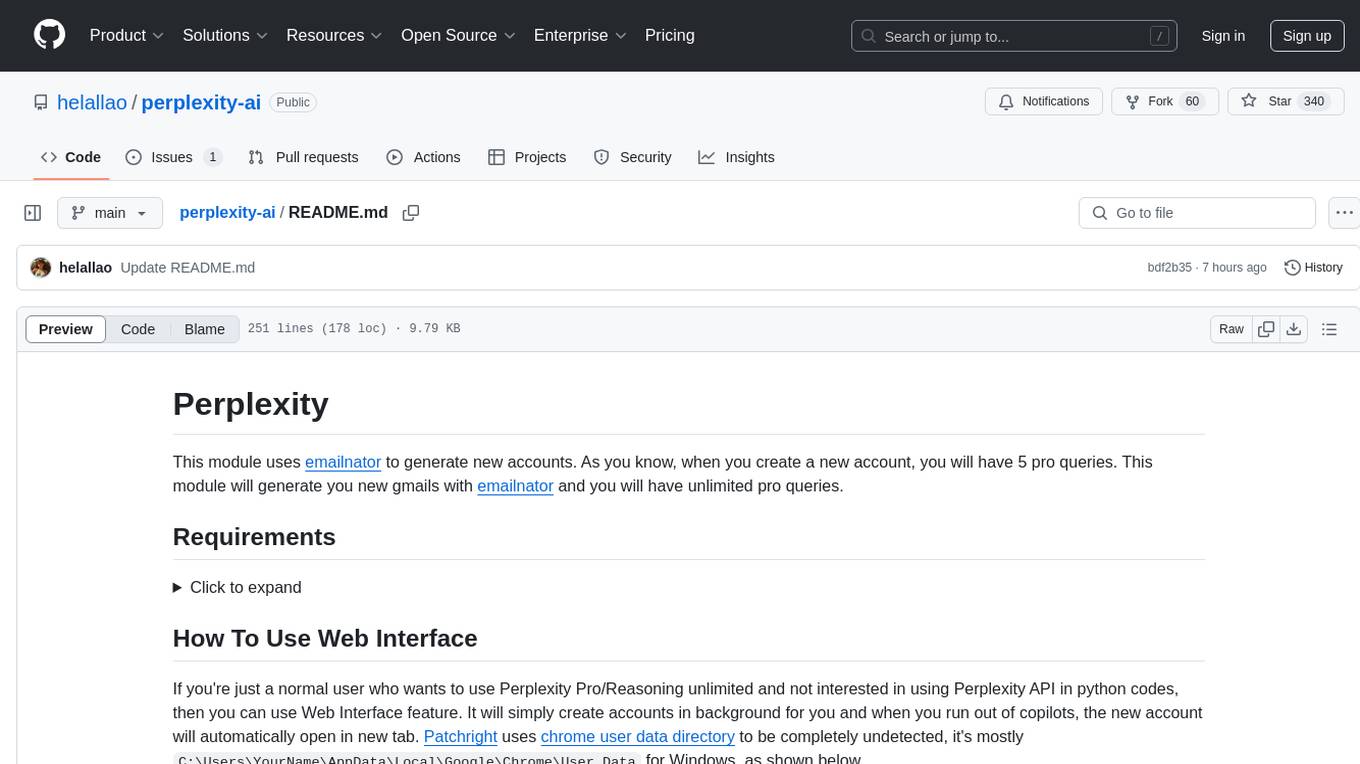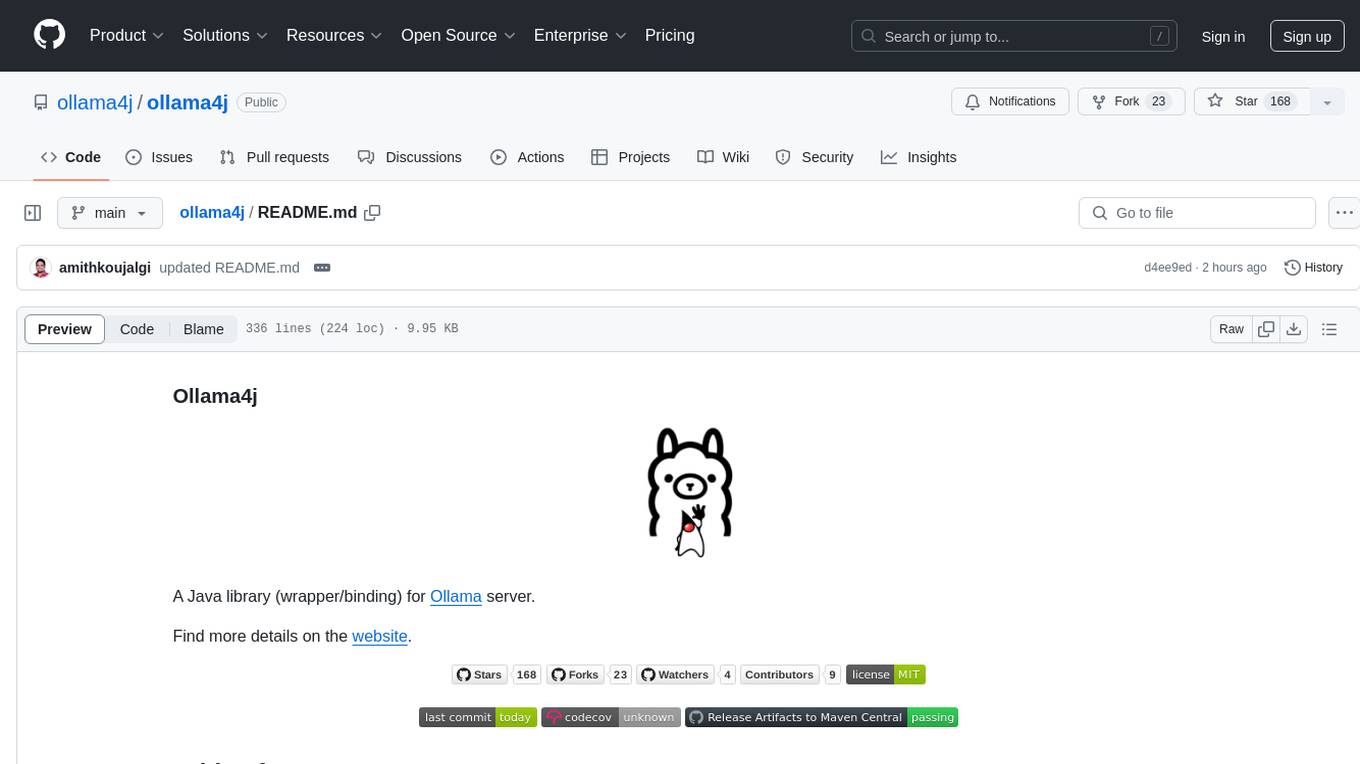AI tools for sonara ai reviews
Related Tools:
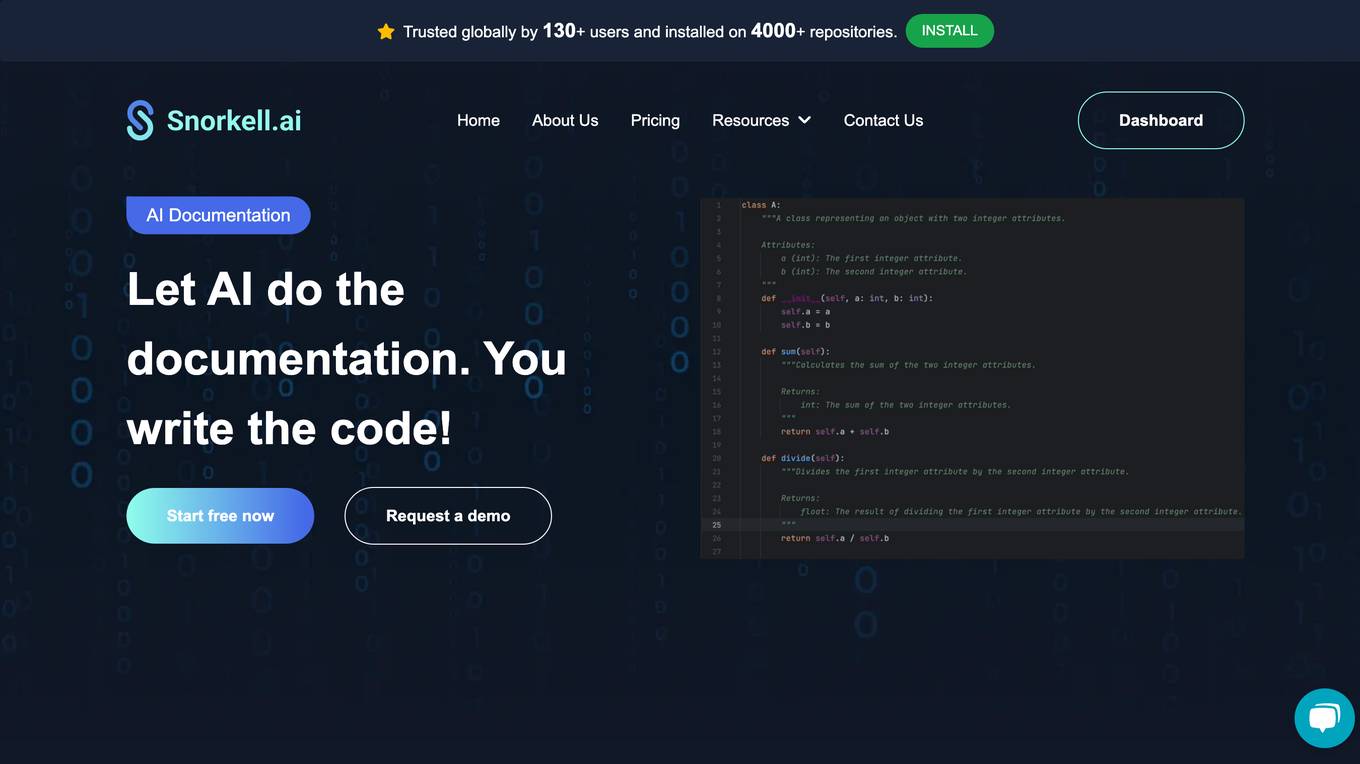
Snorkell.ai
Snorkell.ai is an automated documentation generation tool that uses AI to create and update docstrings for GitHub projects. It supports multiple programming languages, including Python, JavaScript, TypeScript, Java, and Kotlin. Snorkell.ai integrates with GitHub and automatically generates docstrings whenever a pull request is merged, ensuring that documentation is always up-to-date with the codebase. It helps developers save time and effort by automating the documentation process, leading to improved code quality and reduced onboarding time.

Sonara
Sonara is an AI-powered job search automation platform that finds and applies to relevant job openings on your behalf. It uses AI to identify the top job opportunities on the market that are best suited for you and sends out job applications on your behalf. Sonara is designed to help you easily find your dream job, uncovering hidden opportunities you never knew existed.

Ludwig van Beethoven
An interactive Beethoven, discussing music theory and his compositions in German and English.

Piano Maestro
Not satisfied with only knowing mechanical finger movements on the keyboard? Name a piece of piano music and you get the stories, beauty, and playing tips. Parents and teachers, try this and share what you get to your piano learners.

U-boat Command
Military submarine terminal simulator. Copyright (C) 2023, Sourceduty - All Rights Reserved.
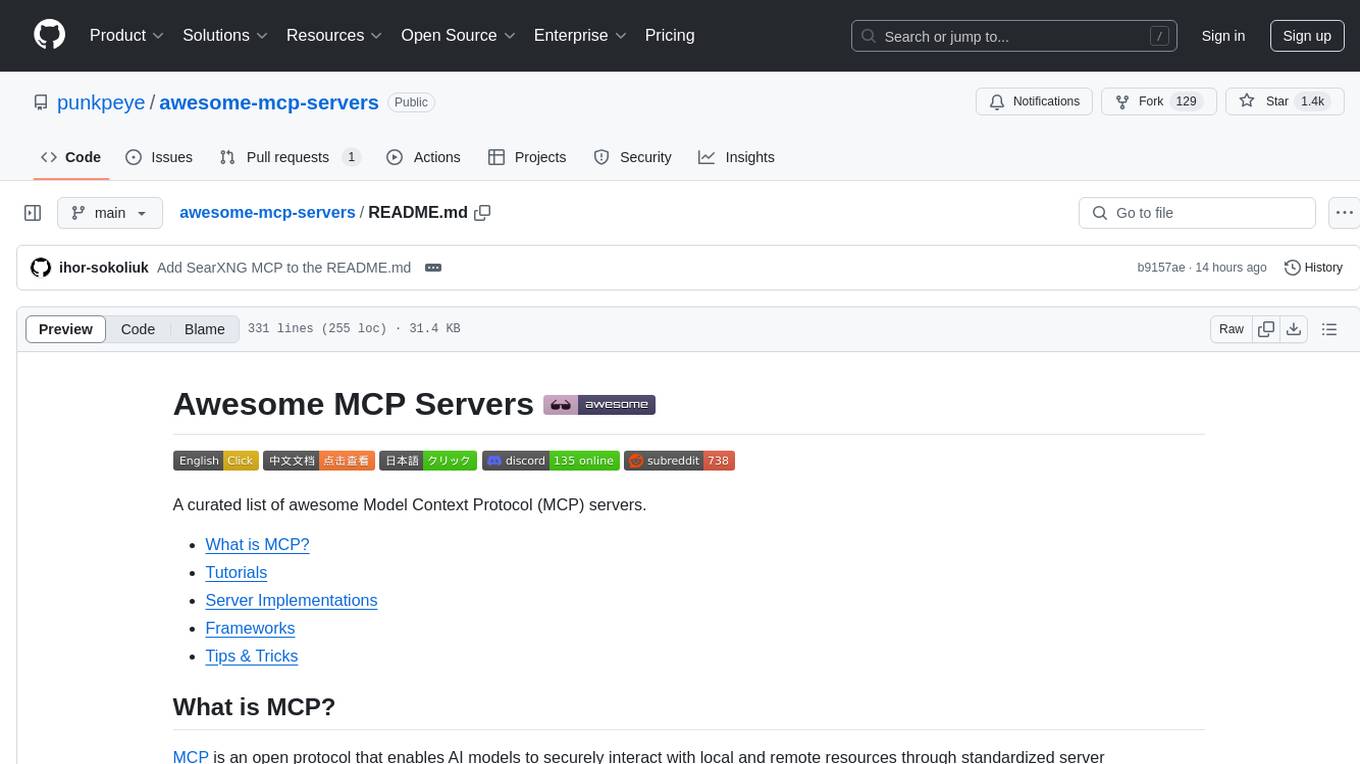
awesome-mcp-servers
Awesome MCP Servers is a curated list of Model Context Protocol (MCP) servers that enable AI models to securely interact with local and remote resources through standardized server implementations. The list includes production-ready and experimental servers that extend AI capabilities through file access, database connections, API integrations, and other contextual services.

instructor
Instructor is a popular Python library for managing structured outputs from large language models (LLMs). It offers a user-friendly API for validation, retries, and streaming responses. With support for various LLM providers and multiple languages, Instructor simplifies working with LLM outputs. The library includes features like response models, retry management, validation, streaming support, and flexible backends. It also provides hooks for logging and monitoring LLM interactions, and supports integration with Anthropic, Cohere, Gemini, Litellm, and Google AI models. Instructor facilitates tasks such as extracting user data from natural language, creating fine-tuned models, managing uploaded files, and monitoring usage of OpenAI models.
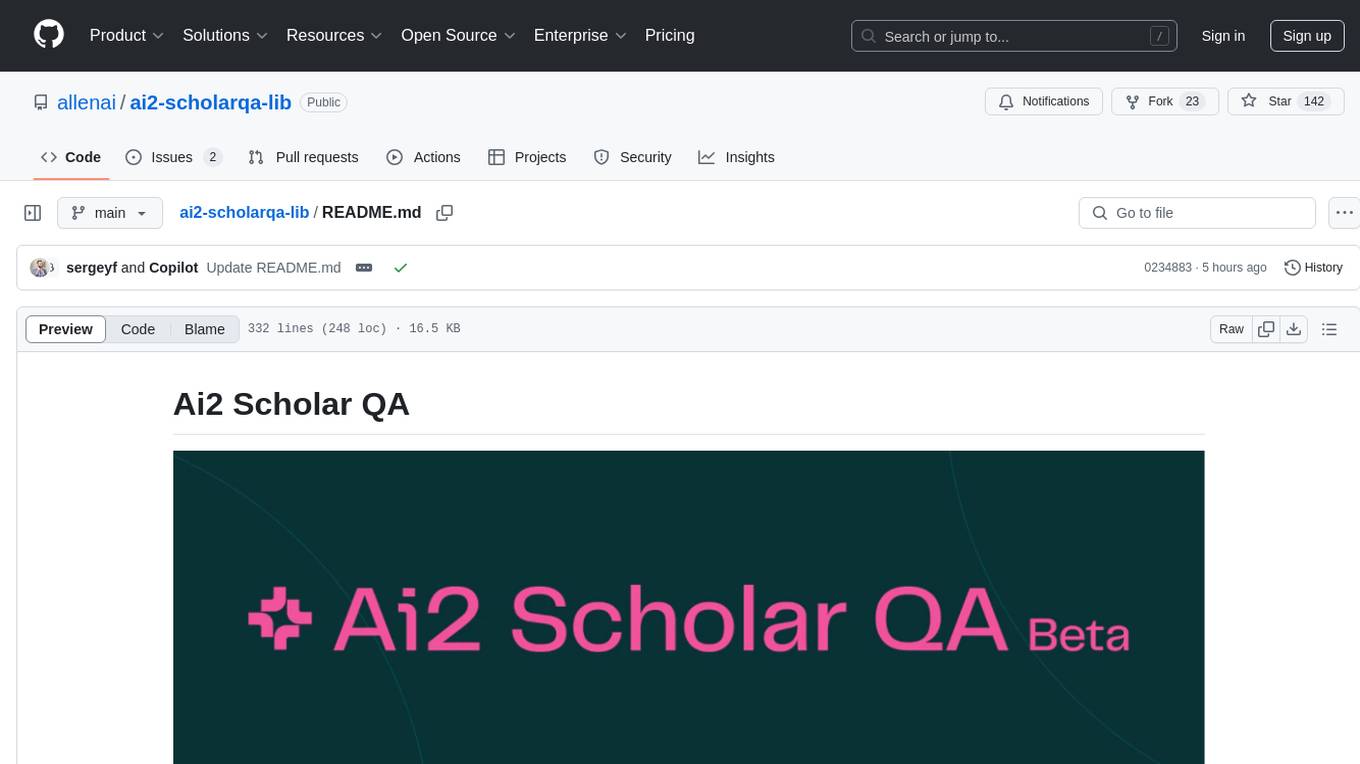
ai2-scholarqa-lib
Ai2 Scholar QA is a system for answering scientific queries and literature review by gathering evidence from multiple documents across a corpus and synthesizing an organized report with evidence for each claim. It consists of a retrieval component and a three-step generator pipeline. The retrieval component fetches relevant evidence passages using the Semantic Scholar public API and reranks them. The generator pipeline includes quote extraction, planning and clustering, and summary generation. The system is powered by the ScholarQA class, which includes components like PaperFinder and MultiStepQAPipeline. It requires environment variables for Semantic Scholar API and LLMs, and can be run as local docker containers or embedded into another application as a Python package.
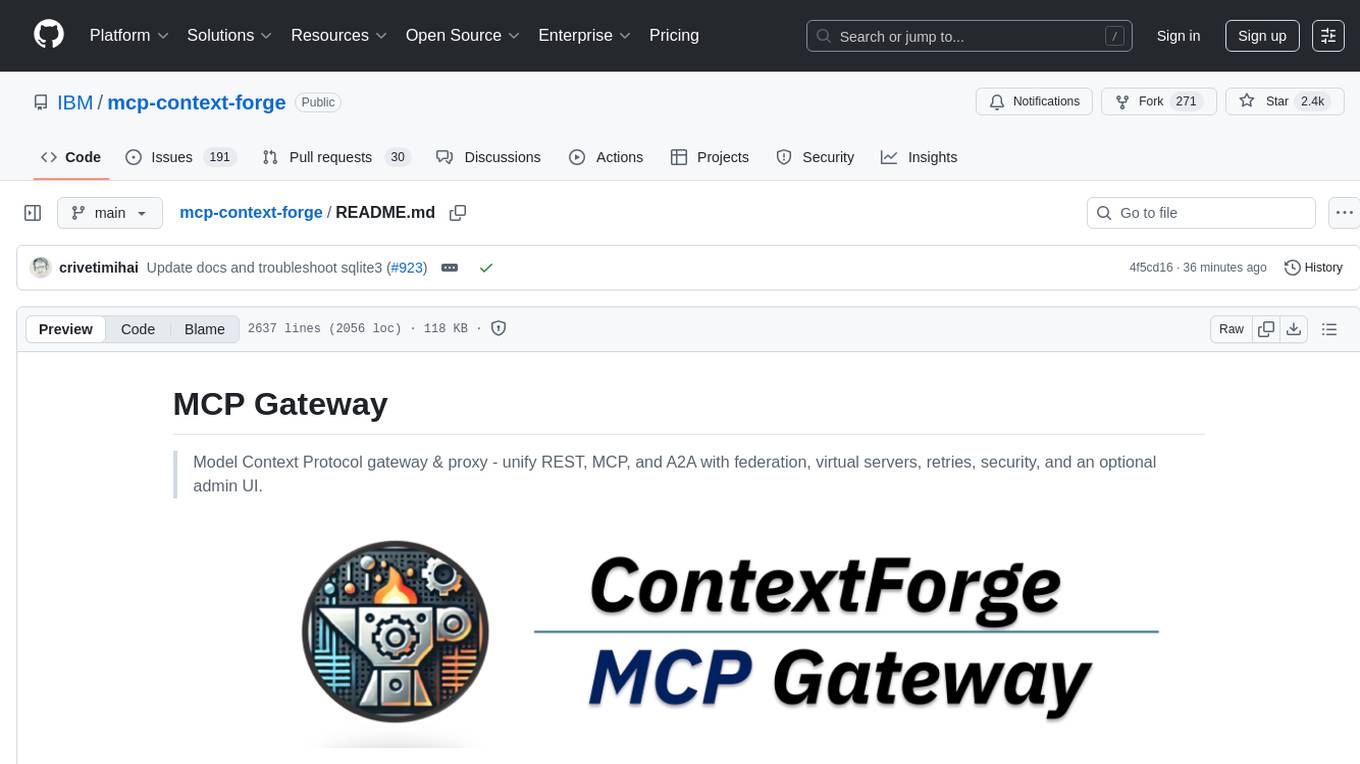
mcp-context-forge
MCP Context Forge is a powerful tool for generating context-aware data for machine learning models. It provides functionalities to create diverse datasets with contextual information, enhancing the performance of AI algorithms. The tool supports various data formats and allows users to customize the context generation process easily. With MCP Context Forge, users can efficiently prepare training data for tasks requiring contextual understanding, such as sentiment analysis, recommendation systems, and natural language processing.
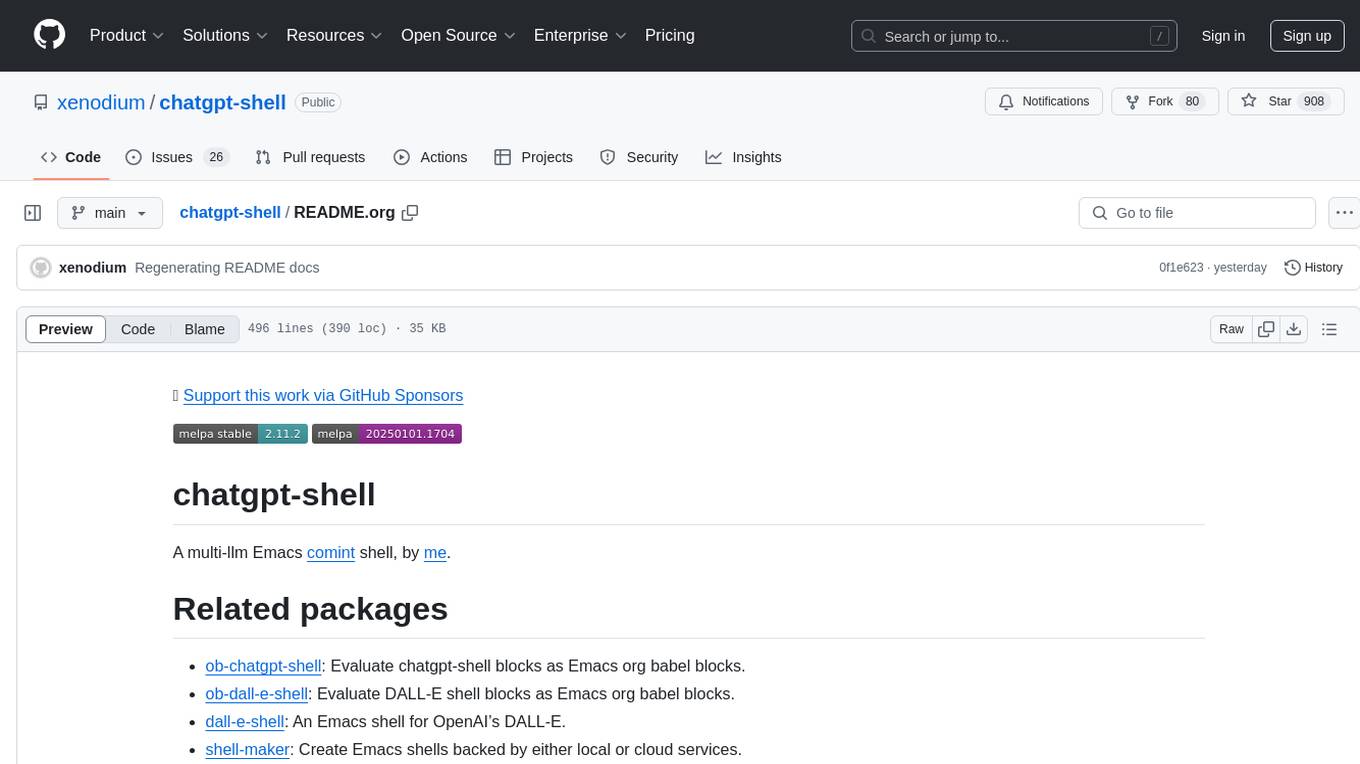
chatgpt-shell
chatgpt-shell is a multi-LLM Emacs shell that allows users to interact with various language models. Users can swap LLM providers, compose queries, execute source blocks, and perform vision experiments. The tool supports customization and offers features like inline modifications, executing snippets, and navigating source blocks. Users can support the project via GitHub Sponsors and contribute to feature requests and bug reports.
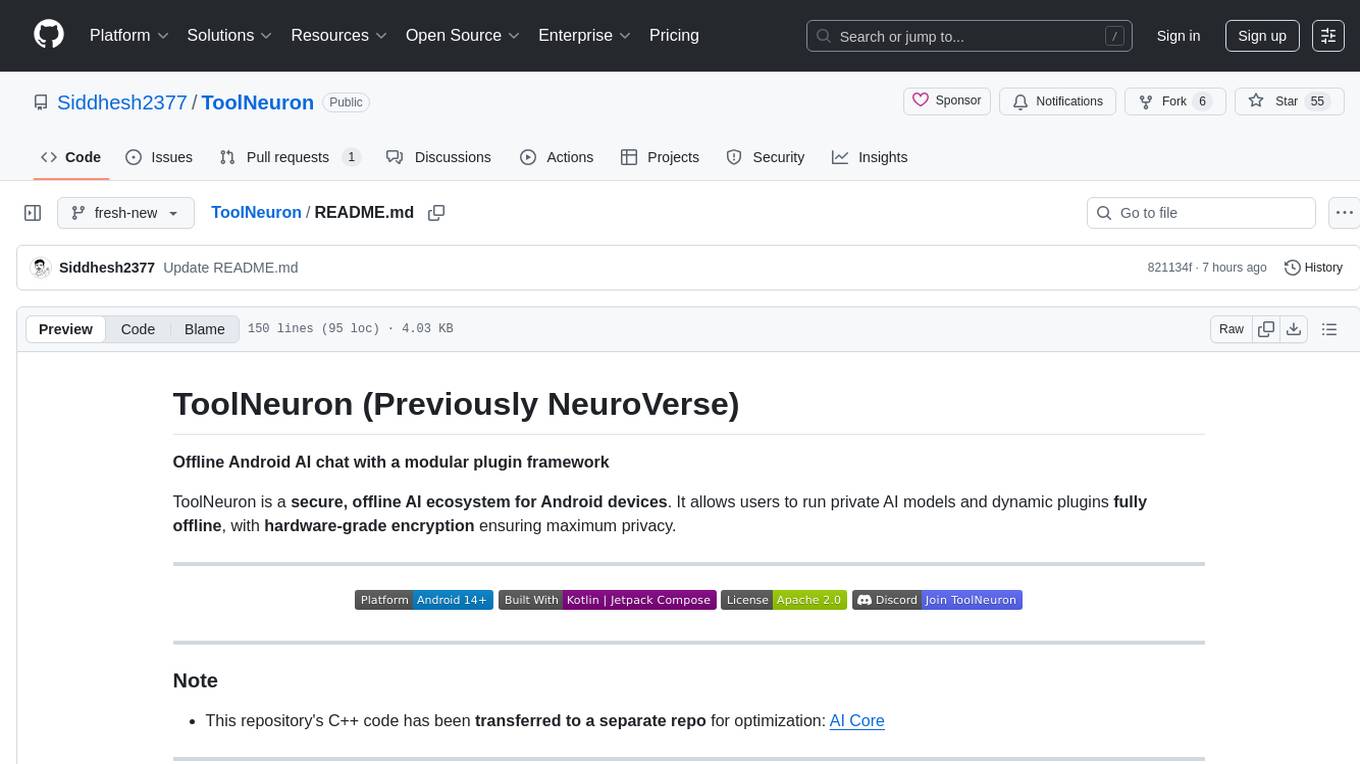
ToolNeuron
ToolNeuron is a secure, offline AI ecosystem for Android devices that allows users to run private AI models and dynamic plugins fully offline, with hardware-grade encryption ensuring maximum privacy. It enables users to have an offline-first experience, add capabilities without app updates through pluggable tools, and ensures security by design with strict plugin validation and sandboxing.
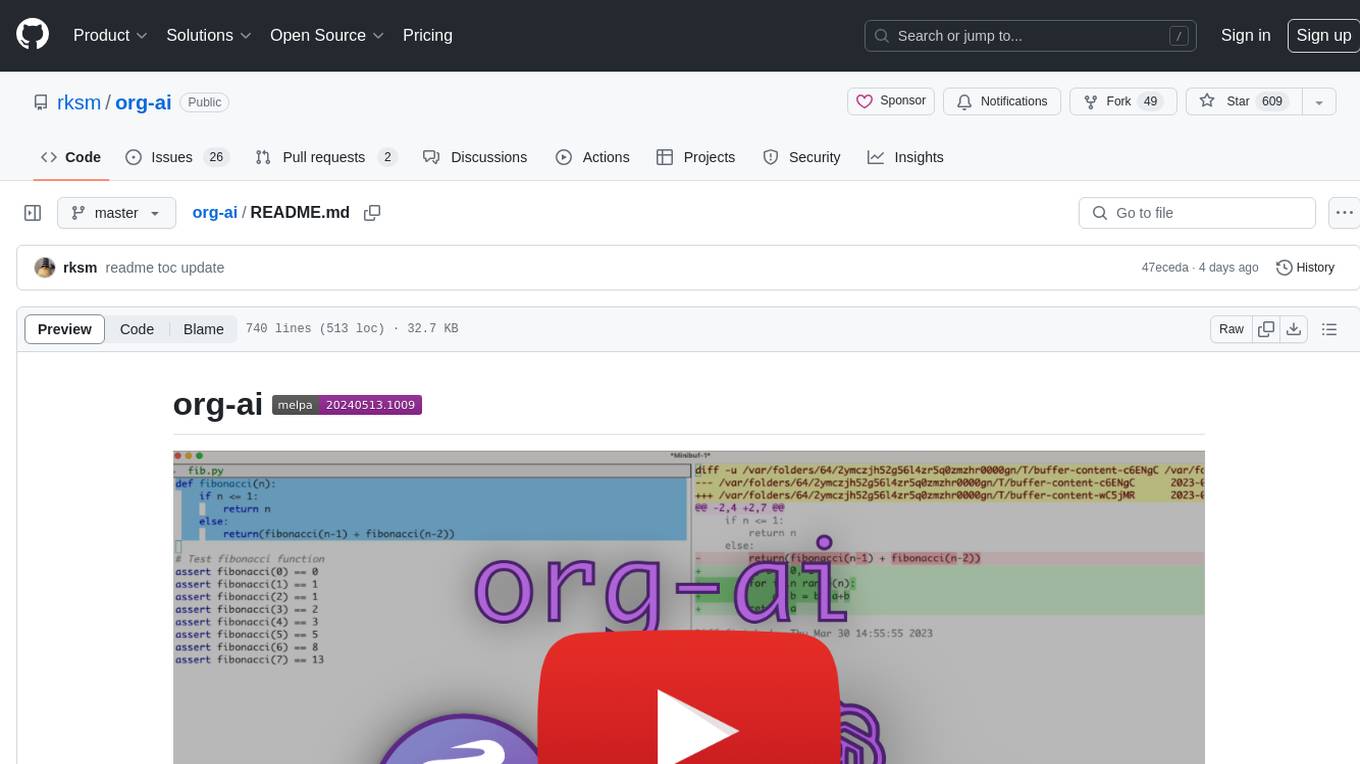
org-ai
org-ai is a minor mode for Emacs org-mode that provides access to generative AI models, including OpenAI API (ChatGPT, DALL-E, other text models) and Stable Diffusion. Users can use ChatGPT to generate text, have speech input and output interactions with AI, generate images and image variations using Stable Diffusion or DALL-E, and use various commands outside org-mode for prompting using selected text or multiple files. The tool supports syntax highlighting in AI blocks, auto-fill paragraphs on insertion, and offers block options for ChatGPT, DALL-E, and other text models. Users can also generate image variations, use global commands, and benefit from Noweb support for named source blocks.
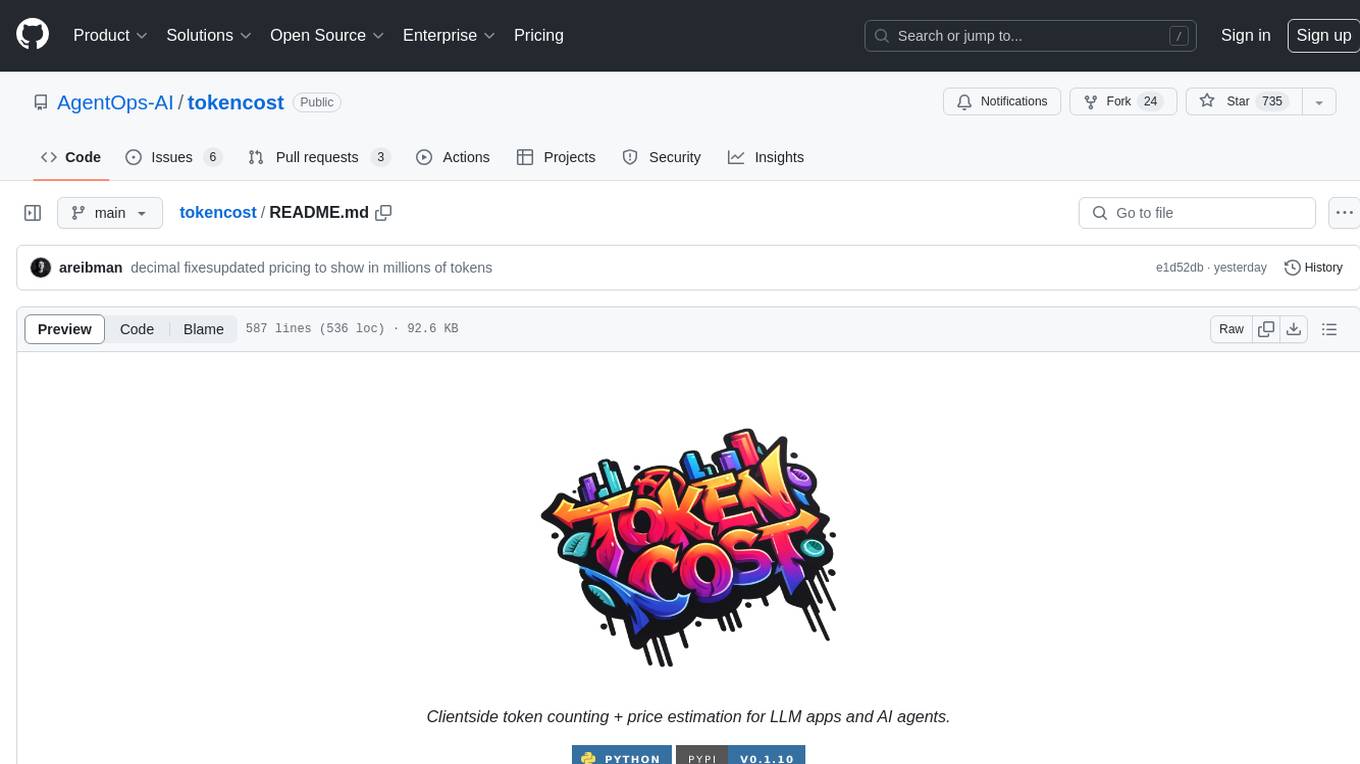
tokencost
Tokencost is a clientside tool for calculating the USD cost of using major Large Language Model (LLMs) APIs by estimating the cost of prompts and completions. It helps track the latest price changes of major LLM providers, accurately count prompt tokens before sending OpenAI requests, and easily integrate to get the cost of a prompt or completion with a single function. Users can calculate prompt and completion costs using OpenAI requests, count tokens in prompts formatted as message lists or string prompts, and refer to a cost table with updated prices for various LLM models. The tool also supports callback handlers for LLM wrapper/framework libraries like LlamaIndex and Langchain.
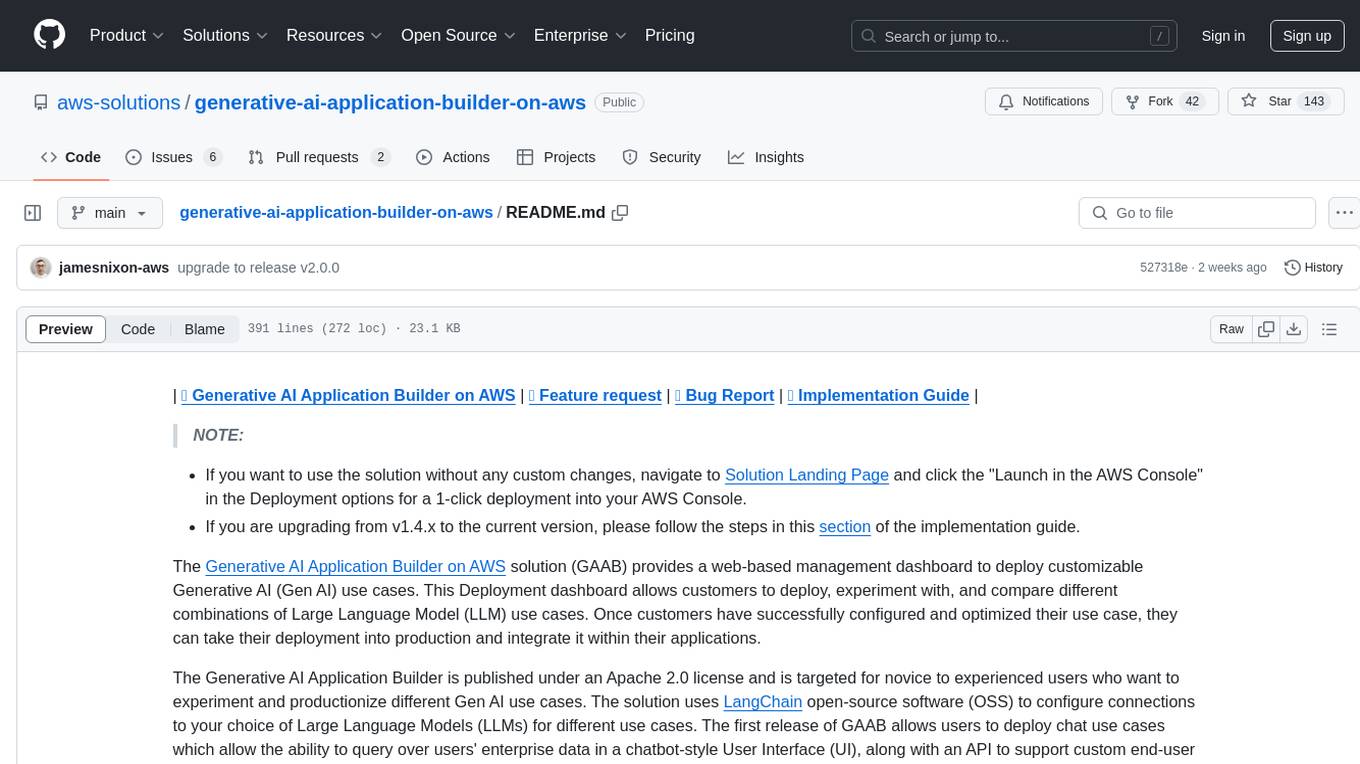
generative-ai-application-builder-on-aws
The Generative AI Application Builder on AWS (GAAB) is a solution that provides a web-based management dashboard for deploying customizable Generative AI (Gen AI) use cases. Users can experiment with and compare different combinations of Large Language Model (LLM) use cases, configure and optimize their use cases, and integrate them into their applications for production. The solution is targeted at novice to experienced users who want to experiment and productionize different Gen AI use cases. It uses LangChain open-source software to configure connections to Large Language Models (LLMs) for various use cases, with the ability to deploy chat use cases that allow querying over users' enterprise data in a chatbot-style User Interface (UI) and support custom end-user implementations through an API.
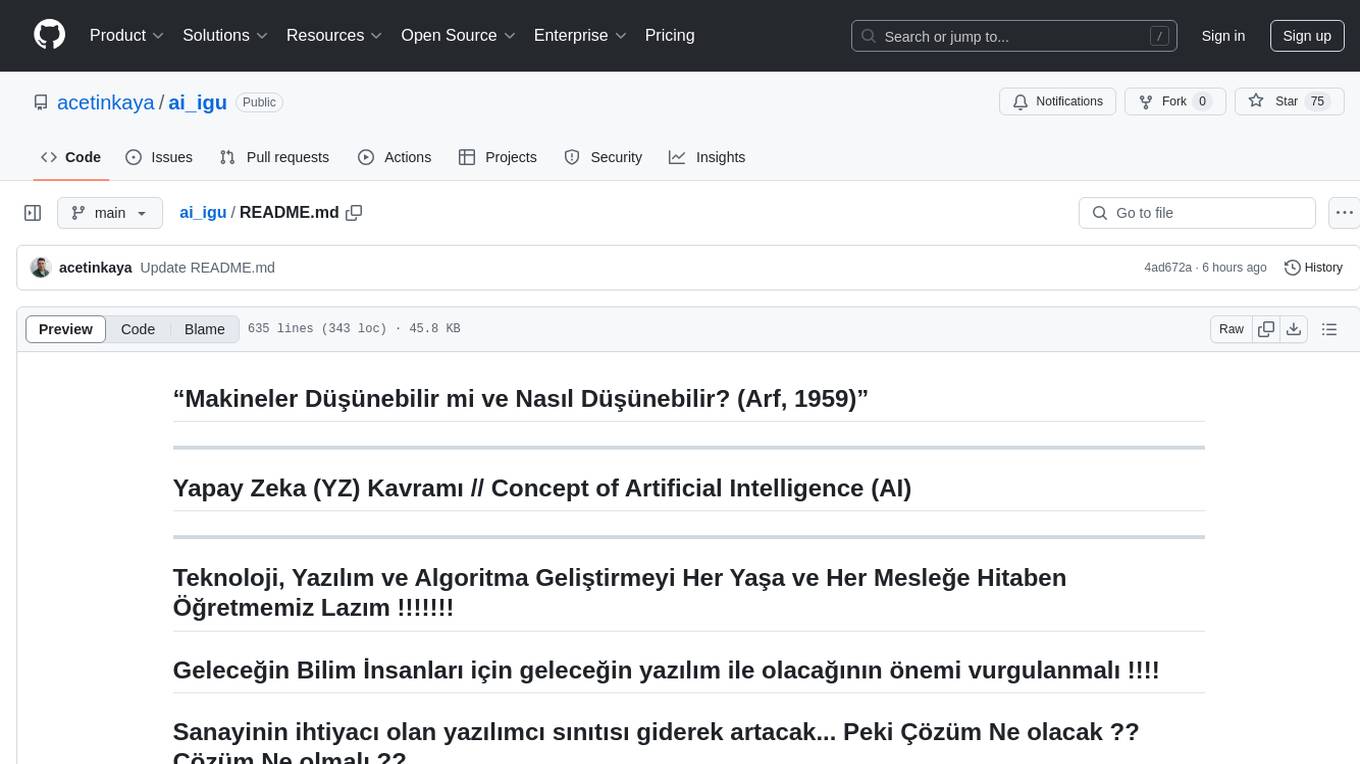
ai_igu
AI-IGU is a GitHub repository focused on Artificial Intelligence (AI) concepts, technology, software development, and algorithm improvement for all ages and professions. It emphasizes the importance of future software for future scientists and the increasing need for software developers in the industry. The repository covers various topics related to AI, including machine learning, deep learning, data mining, data science, big data, and more. It provides educational materials, practical examples, and hands-on projects to enhance software development skills and create awareness in the field of AI.
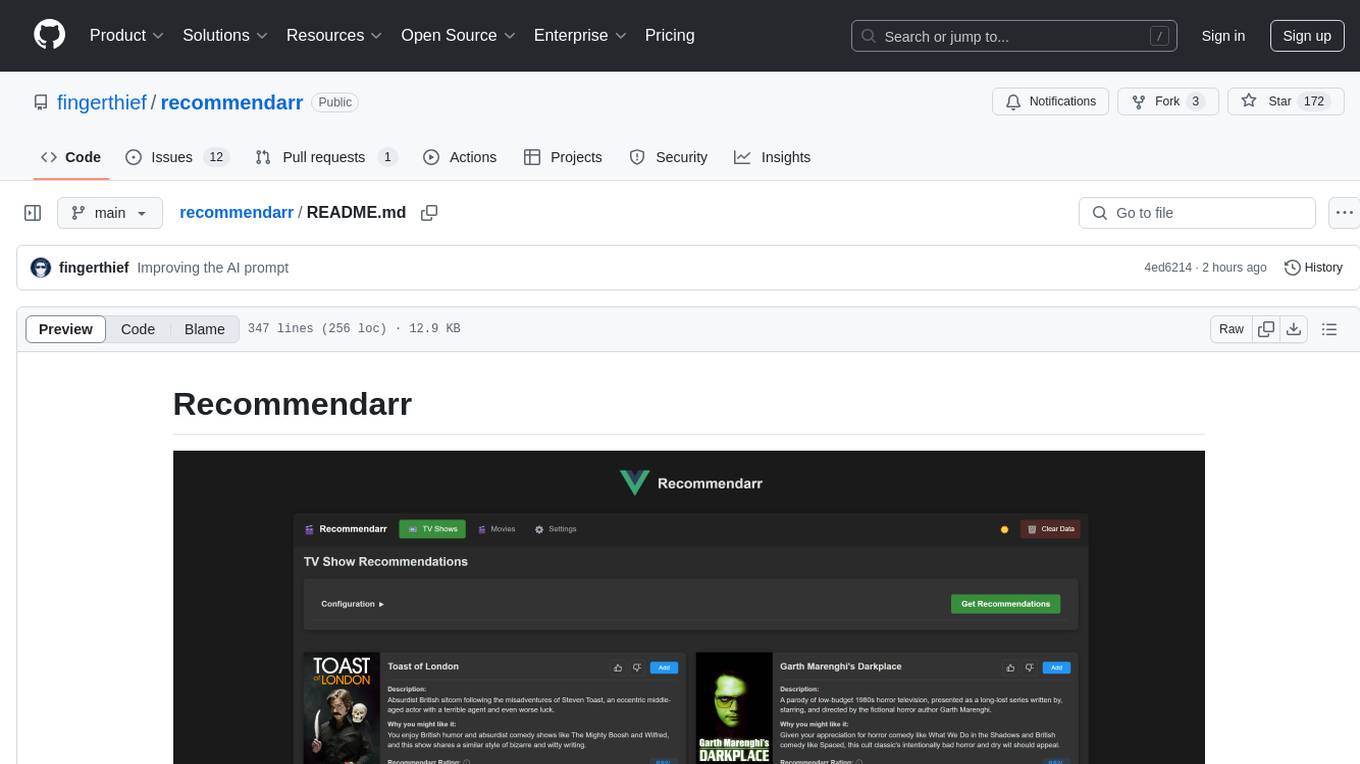
recommendarr
Recommendarr is a tool that generates personalized TV show and movie recommendations based on your Sonarr, Radarr, Plex, and Jellyfin libraries using AI. It offers AI-powered recommendations, media server integration, flexible AI support, watch history analysis, customization options, and dark/light mode toggle. Users can connect their media libraries and watch history services, configure AI service settings, and get personalized recommendations based on genre, language, and mood/vibe preferences. The tool works with any OpenAI-compatible API and offers various recommended models for different cost options and performance levels. It provides personalized suggestions, detailed information, filter options, watch history analysis, and one-click adding of recommended content to Sonarr/Radarr.
